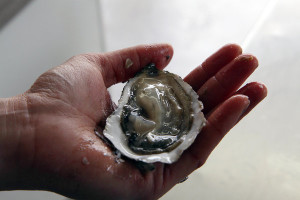Amber Abbasi, chief counsel for regulatory affairs at Cause of Action, wrote an article for the Annals of Health Law, the Health Policy and Law Review of Loyola University of Chicago School of Law:
The Curious Case of Trent Arsenault: Questioning FDA Regulatory Authority Over Private Sperm Donation
